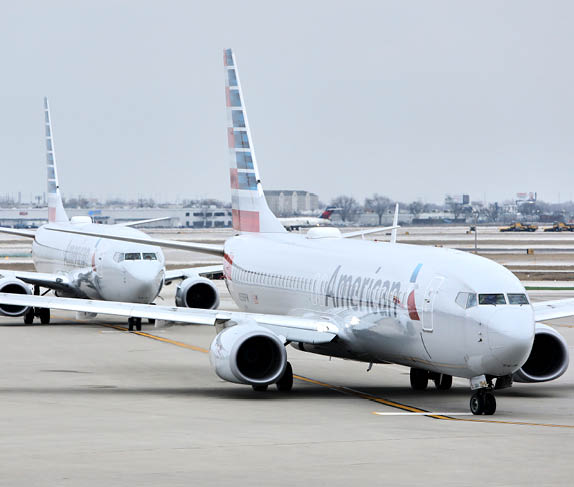GOL Linhas Aéreas Inteligentes (GOL) has announced a plan to exchange outstanding bonds for new debt. The terms of the bond exchange, set out below, requires investors in Gol's perpetual bond to assume a 70 percent loss, while those holding notes due in 2020, 2022 and 2023 would take a haircut of 65 percent. The loss proposed for bondholders of the 2017 notes is 30 percent.
The plan calls for the postponement of almost all debt repayments scheduled for this and next year. This will help GOL find additional funding worth approximately $85 million, which is needed to help the Sao Paolo carrier lengthen maturities and reducing its debt-servicing burden.
GOL subsidiary, GOL LuxCo, has commenced private Exchange Offers for any and all of the outstanding 7.50% Senior Notes due 2017 issued by GOL Finance for cash and LuxCo's newly issued 8.50% Secured Amortizing Notes due 2018; 9.250% Senior Notes due 2020 issued by GOL Finance, 8.875% Senior Notes Due 2022 issued by LuxCo and 10.750% Senior Notes due 2023 issued by LuxCo for cash and LuxCo's newly issued 8.50% Secured Notes due 2022; and 8.75% Perpetual Notes issued by GOL Finance for newly issued 8.50% Secured Notes due 2028.
The new notes, guaranteed by the GOL and VRG Linhas Aéreas, will be secured by a first priority security interest in all spare parts owned by GOL and, as a result, structurally senior to all of GOL's existing and future unsecured indebtedness, including the old notes, to the extent of the value of collateral securing the new notes and, in the case of the new 2028 notes, until January 21, 2022, and senior to any future subordinated indebtedness that GOL may incur. The old notes will not get the benefit of the collateral securing the new notes and holders of old notes who do not participate in the exchange offers will be effectively subordinated to the new notes, to the extent of the value of the collateral securing the new notes.
In the announcement, GOL highlights its recent challenging economic scenario, including political instability; contraction of the Brazilian economy; sharp devaluation of the Brazilian real; as well as inflationary pressures and high interest rates. Both the airline and the wider Brazilian aviation sector were affected by: decreased demand; industry overcapacity; increased labor costs; scarce and expensive credit; ratings decline; operating cost increase; high financial expenses; and reduced payment capacity.
To counter these challenges, GOL explains how it has embarked in the past year on a “series of initiatives to comprehensively address its liquidity and capital structure concerns”. The initiatives in the second half of 2015 and first months of 2016 include: an equity infusion; financing support from Delta Air Lines; fleet reduction; operating cost reductions; advanced ticket sales to Smiles; route network changes; supplier negotiations; leasing contract negotiations; and capital structure improvements. Together with these efforts, the exchange offers are intended to ensure that GOL emerges from the current political and economic crisis in the best competitive position.
D.F. King has been appointed as the information agent and the exchange agent for the Exchange Offer.
PJT Partners is serving as financial advisor to GOL. Milbank, Tweed, Hadley & McCloy and Mattos Filho, Veiga Filho, Marrey Jr. e Quiroga Advogados are serving as legal advisors to GOL.

